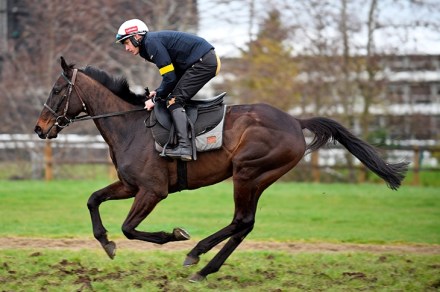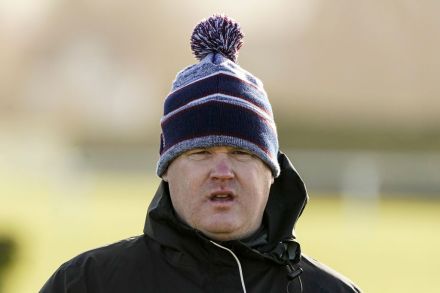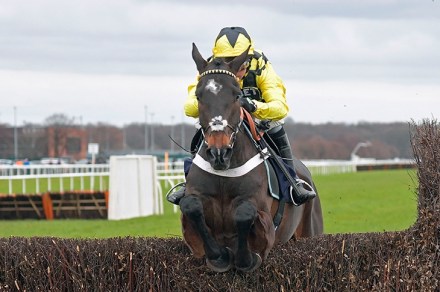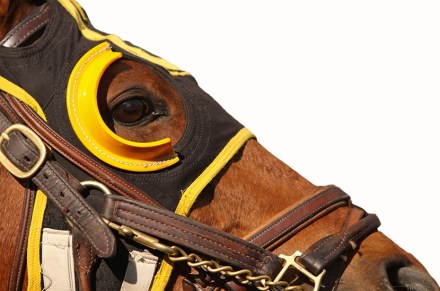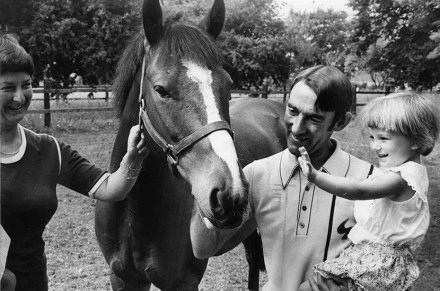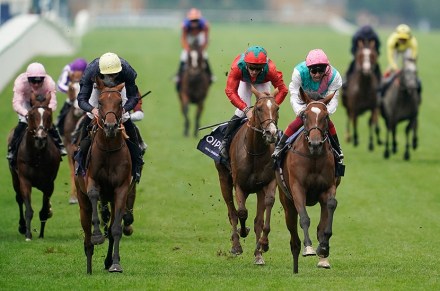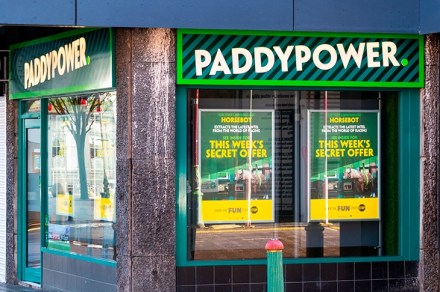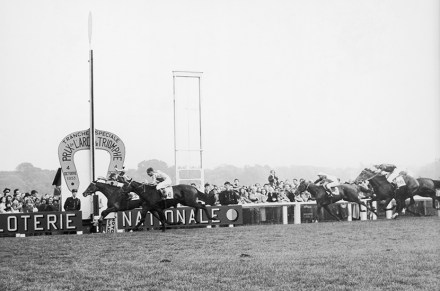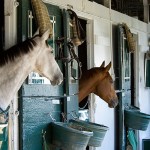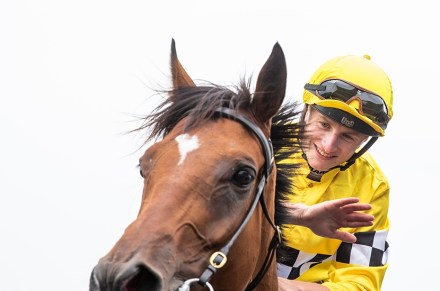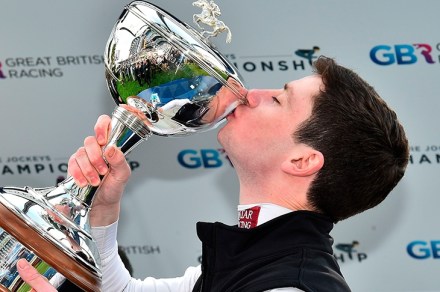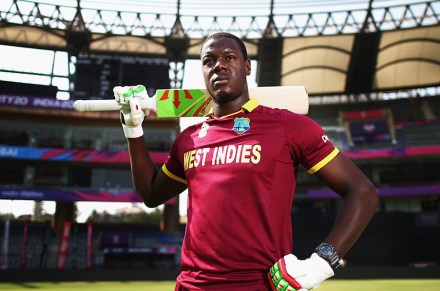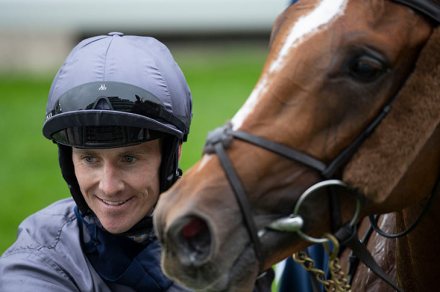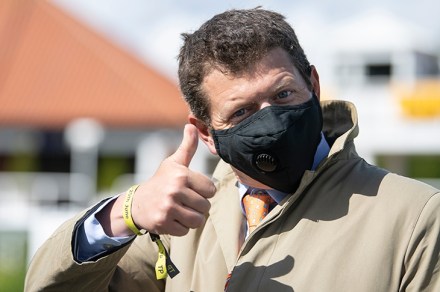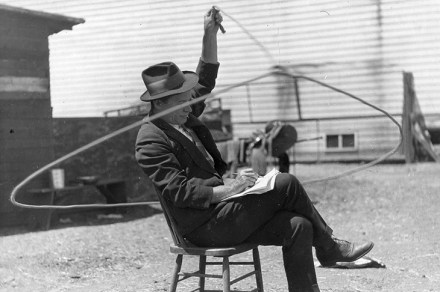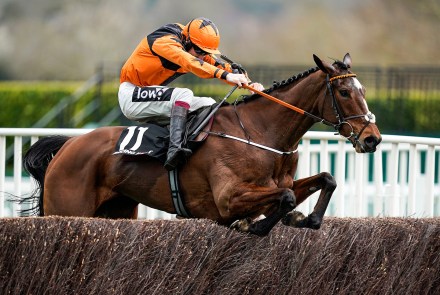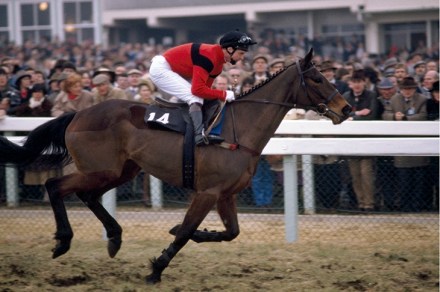Ireland’s love affair with horse racing
With the Cheltenham Festival close, the quest for serious punting money intensifies. I had one potential contributor identified at Kempton on Saturday. With trainer Dan Skelton on red-hot form, and his jockey brother Harry currently winning on 22 per cent of his rides, I reckoned that their candidate for the Sky Bet Dovecote Novices’ Hurdle, the clearly useful Calico, a decent horse on the Flat in Germany, was the business at a tasty 10-3. Three hurdles out, Harry had Calico travelling strongly behind the two leaders and I was not only counting my money but also starting to frame a few ante-post doubles for the Festival. When he eased into
